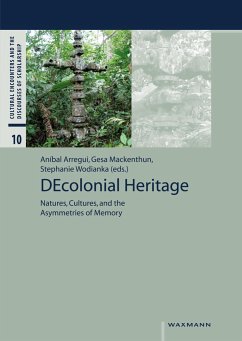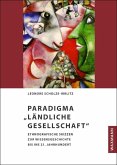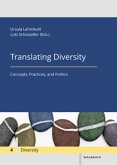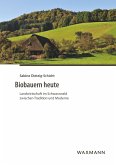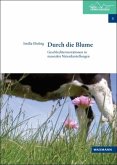The volume attempts to triangulate three vibrant discourses of our times: It combines postcolonial and decolonial readings of cultural conflicts with assessments of ecological dimensions of those conflicts, as well as their significance within discourses on natural and cultural world heritage. The examples from four continents range from the medieval Middle East - already shaken by a convergence of ecological and social disaster - to modern imaginary constructions of medieval Vikings, the persistence of Indigenous knowledge in the Arctic, literary poetics of patrimony, and the heritage politics of Mediterranean urban architecture.
A strength of the volume is that it shows that the relationships between (de)colonialism, the environment and heritage are both fertile and fragile. Like the relationships between humans and nonhumans in indigenous traditions, they must be thoughtfully tended and cultivated. [...] The volume sheds light on the complexity and richness of heritage and the environment; it raises many urgent questions and provides a few possible solutions. It will appeal to anthropologists, folklorists, sociologists, geographers, environmentalists and, indeed, to anyone interested in understanding our fluid, multicultural world. Tiziana Soverino, in: Anthropological Journal of European Cultures 1/2019, S. 109f.

